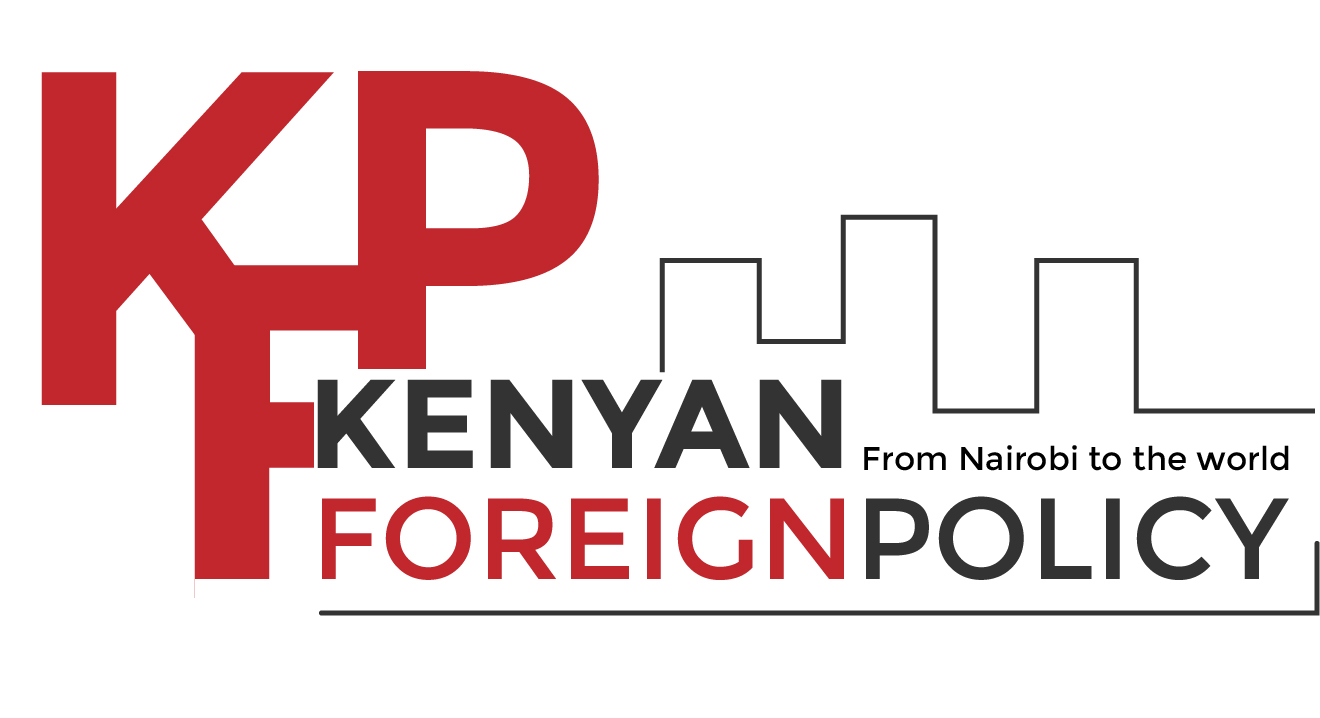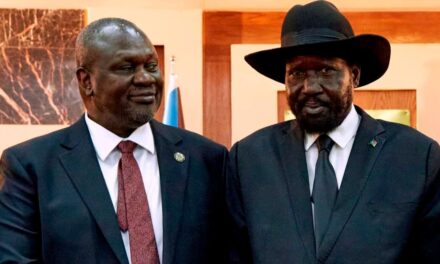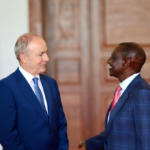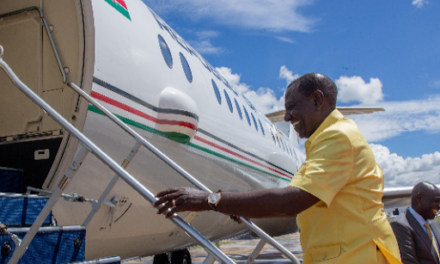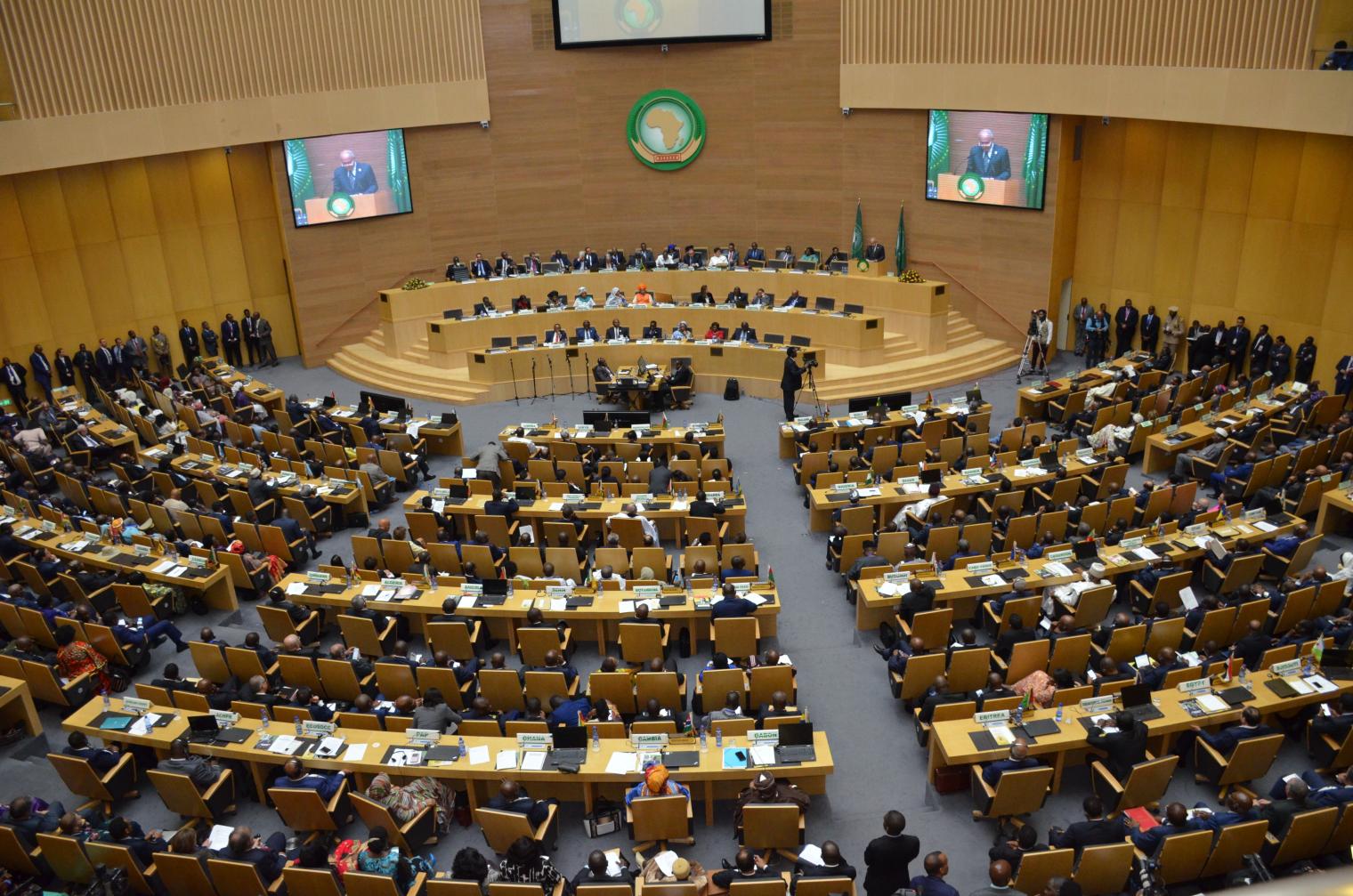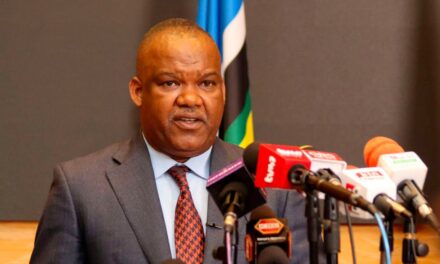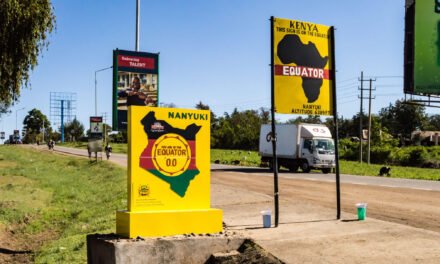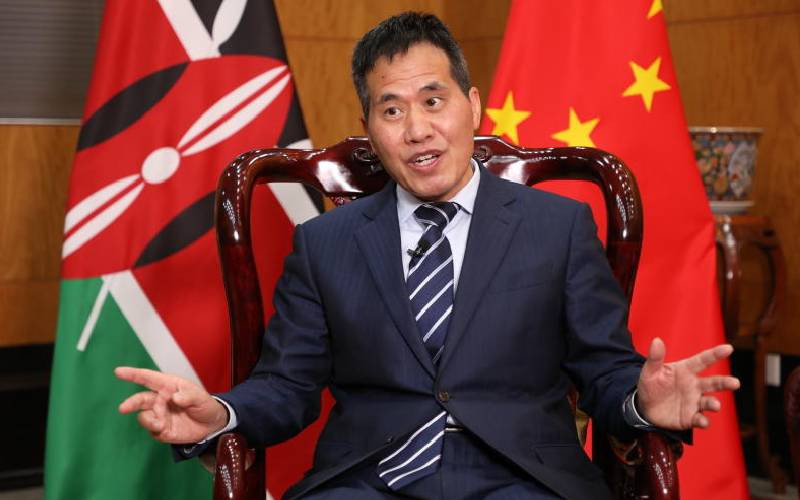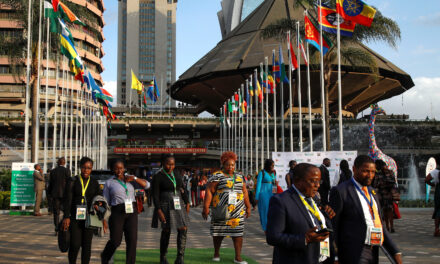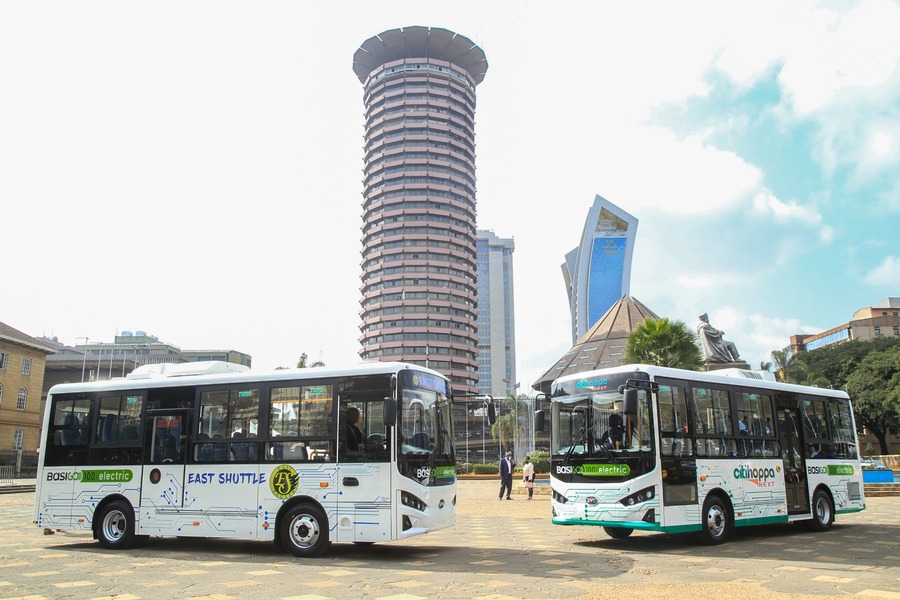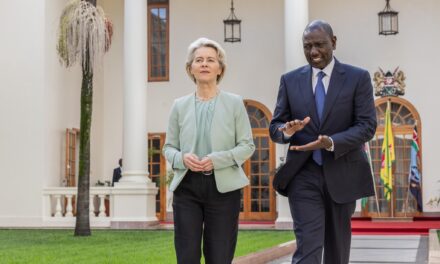
Harmonising Climate Diplomacy with Kenya’s-Led Haiti’s Mission
Posted by Shadrack Agaki | Nov 1, 2023 | CLIMATE DIPLOMACY


Climate diplomacy must take center stage in Kenya’s leadership role within the Multinational Security Support Mission in Haiti. While the visible challenges in Haiti may include street gangs, the root causes of instability lie in the breakdown of institutions, driven by poverty, decades of social injustice, and environmental degradation aggravated by climate change.
As observed by the Brazilian representative at the United Nations Security Council, a comprehensive approach is needed to address the underlying issues, often termed the “polycrisis.”
The approval of United Nations Security Council Resolution 2699 in 2023 set in motion a process to assist Haiti in addressing its security nightmare. However, the multidimensional nature of the Haitian crisis demands a concerted effort, utilizing a systemic approach supported by climate and food system diplomacy.
The report “Root for Peace: uncovering climate security challenge in Haiti and what to do about them” should inform the preparation of the Multinational Security Support Mission to Haiti, led by Kenya.
The report emphasizes that security challenges are symptomatic of deep-rooted issues that require collaboration and cooperation. As highlighted during UN Security Council proceedings by Brazil and the United States of America, addressing the underlying causes of insecurity and instability is an urgent necessity.
A close examination of Haiti’s security challenges reveals that social, political, economic, and environmental factors are at the heart of the crisis. Notably, the worsening climate crisis has exacerbated the issues faced by Haitians.
Natural disasters like the 2010 and 2021 earthquakes, Hurricane Sandy, Hurricane Matthew, and environmental degradation have contributed significantly to the current calamity.
Institutional breakdown is another contributing factor to Haiti’s challenges. As Francis Fukuyama points out in his book “Trust: The Social Values and the Creation of Prosperity,” societies with low levels of trust may struggle to seize opportunities. The Roots for Peace report underscores that trust among the Haitian people in existing political institutions is extremely low. Given the checkered history of international community involvement, the Multinational Security Support Mission faces a formidable task that necessitates creativity and innovation.
Kenya’s policy of good neighborliness is a strong starting point for leading the mission. As Kenya conducts reconnaissance and prepares for its role, it is critical for the pathways and recommendations outlined in the Roots for Peace report to guide the process.
For instance, considering the high level of mistrust, building a high-level vision through multi-sectoral dialogue is imperative. Drawing from Elinor Ostrom’s writings on institutions, a bottom-up approach should be embraced to empower Haitians to take charge of the transformation process. This aligns with the recommendation to decentralize responses and empower local communities. It is essential to embed behavioral scientists within the mission to understand and underscore the role played by institutions like “Lakou,” a self-organizing model among the Haitian people.
The Lakou model has a historical legacy rooted in the resistance to the reintroduction of plantation farming by colonialists, explaining the low level of trust in government institutions in Haiti. Any sustainable peace process must involve these institutions in peace-building.
Given Haiti’s heavy reliance on agriculture and the disproportionate impact of climate change, climate diplomacy should be central to the mission. Climate diplomacy should be integrated into all policy proposals to enhance adaptation.
Climate and food system diplomacy call for collaboration across various actors and sectors. While states offer support, a strong focus must be placed on transforming the food system to revitalize the connection between Haitians and their natural environment. Additionally, addressing environmental degradation and climate change alongside security operations is crucial, particularly given that about 85% of soils in Haiti are estimated to be severely degraded or degrading rapidly.
Drawing lessons from the shoring up stability report on the Lake Chad Basinreport, where achieving sustainable peace has been impeded by addressing the challenges using a single lens and in a siloed manner, the Haiti mission can be managed more effectively.
A multi-pronged approach within the Multinational Security Support Mission is essential. Member states should contribute human capital with expertise in social and economic development, employing a systemic approach. Making the mission multidisciplinary and multi-sectoral will be a positive step towards resolving the Haitian humanitarian, political, and environmental crisis.
Leaders of the mission must prioritize social and environmental awareness. As Daniel Goleman’s work on emotional intelligence suggests, self-awareness, self-regulation, motivation, empathy, and social skills should be integral to those deployed in Haiti.
The writer is a Climate Change and Food system communication consultant
Your support empowers us to deliver quality global journalism. Whether big or small, every contribution is valuable to our mission and readers.
